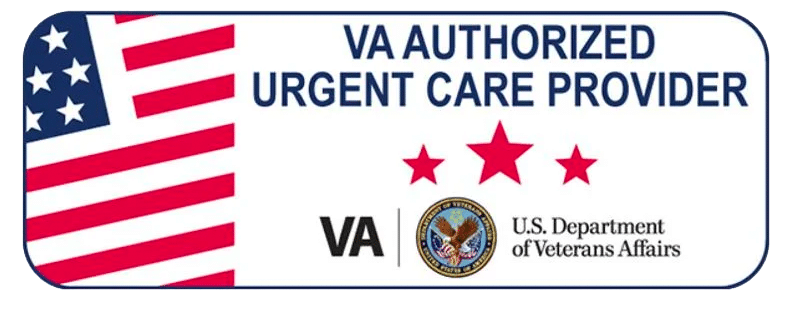Buzz term or not, food allergies are very real and can have a huge impact on the lifestyle of ourselves, friends, and family. Food allergies can vary greatly, both in the types of foods you can be allergic to and how it effects your life. While those with allergies already diagnosed are usually well informed about the condition, the general population should learn more as our team at Integrity Urgent Care encounter this issue more frequently.
Symptoms
Just like with other types of allergies, certain foods or additives have an adverse reaction on the body, producing an antibody, triggering a reaction. Symptoms can range from mild to severe, depending on the individual, the amount of food or additive ingested, and other factors. The most common symptoms are hives, difficulty breathing, coughing, tingling or itchy sensations in the mouth, swelling of the throat, gastrointestinal issues, and swelling of the face, mouth, or lips. Other individuals may have different reactions. Anaphylaxis, which usually involves the patient’s blood pressure dropping, hives, and the narrowing of airways, is commonly attributed to food allergies and the cause of 30,000 emergency room visits in the United States each year.
Treatment
If someone has known food allergies, even to different items than what they are consuming, and begins to have a reaction, they need to be seen by a doctor immediately. If they have an EpiPen or something similar, it may need to be administered if their symptoms are progressing. Some doctors may discuss allergy shots to assist your management of food allergies, but not every patient is a good candidate for these shots. Symptoms could appear immediately or several hours later, especially if the reaction is gastrointestinal.
When to See a Doctor
If you suspect you have allergies, you need to be seen by a doctor. There are several different ways a doctor can test for allergies before referring you on to a specialist who can help manage your potential symptoms better. If you begin to have a reaction, write down the ingredients, to the best of your knowledge of what you were eating. Some food allergies are extremely rare, but it may save some time in testing if they can rule out a few things from the start. Additionally, according to the Food Safety and Inspection Service of the US Department of Agriculture, “studies have shown that the severity of food allergies can change throughout a person’s life.” If you are noticing increasing symptoms with the same foods, it is time to see a doctor.
Prevention
The easiest way to prevent food allergies is to limit your exposure to the foods you know you are allergic to. We recognize that this is easier said than done. Some food items that are less common, say acai or a specific species of fish, may not be encountered enough for you to worry about. However, even trace amounts of foods can sometimes be found in packaged items or recipes, causing worry and concern for those with allergies. Additionally, some of the more common food allergens, like dairy, wheat, or nuts are found in so many items that individuals may find it limiting to eat many meals. More work is being done in food preparation, both packaged and in restaurants to identify potential allergies and to clearly present ingredients so you can decide for yourself if a food is safe or not.
If we don’t have allergies, we may not understand the severity and risk others may have. We should always be informative about ingredients in food we prepare if asked and make sure to check with a parent or guardian before offering food or beverages to someone else’s child. By working together, those of us at Integrity Urgent Care know we can keep everyone healthy and happy. For all the other little injuries and illnesses, come see our team.




